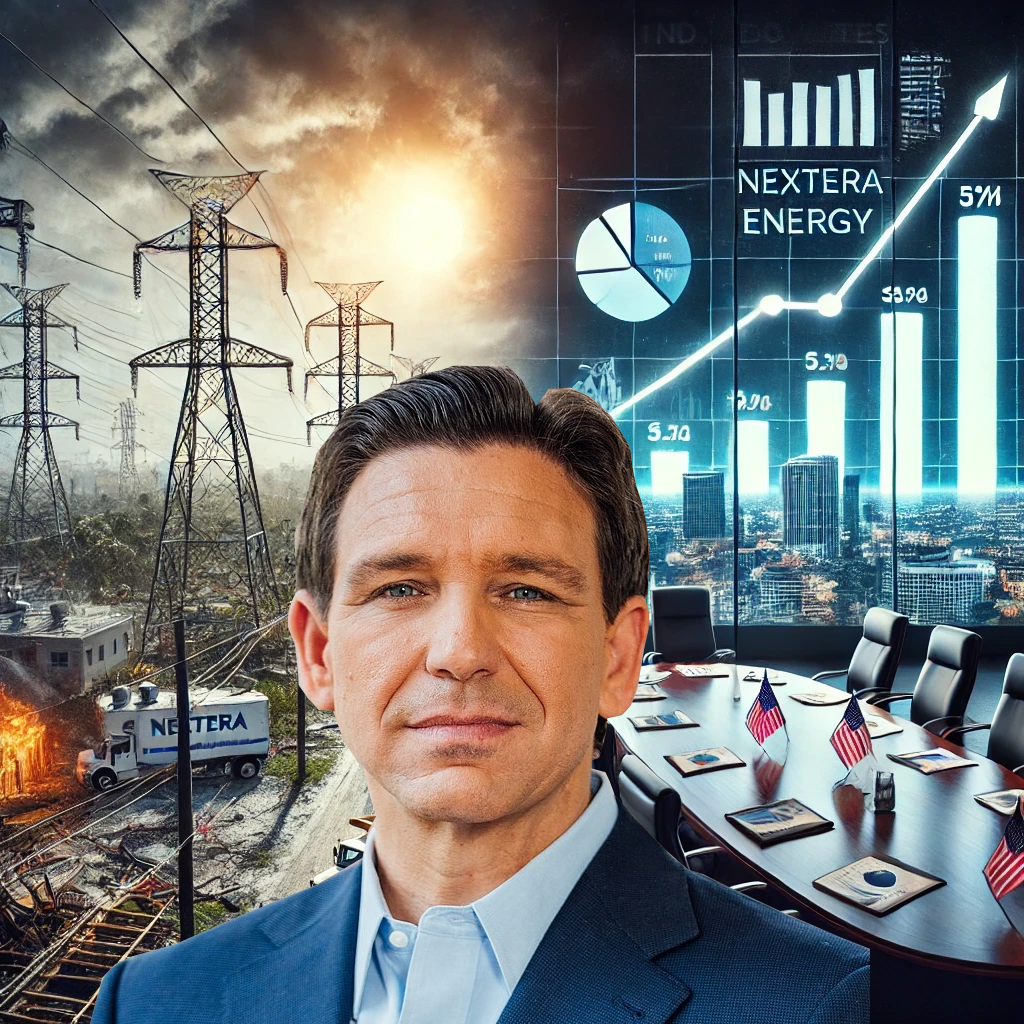On Sunday, President Joe Biden announced $94 million in federal funding to strengthen Florida’s electrical grid in the aftermath of Hurricanes Milton and Helene. The funding is part of a broader $612 million initiative aimed at improving grid resilience across the southeastern U.S.

The decision to direct taxpayer money to highly profitable utility companies, such as Florida Power & Light (FPL), has drawn criticism from those questioning why these corporations aren’t using their own resources to fund necessary improvements. Additionally, the federal aid raises questions about whether Florida Governor Ron DeSantis will accept the funds, given his past record of rejecting billions in federal support.

The $94 million will be allocated to two major projects in Florida. Gainesville Regional Utilities will use a portion of the funds to “storm-harden” its infrastructure, making it more resistant to extreme weather and improving recovery times during outages. Florida Power & Light will work with Switched Source, a private utility technology developer, to deploy systems designed to optimize power flow and improve grid reliability, especially in areas prone to extended outages.
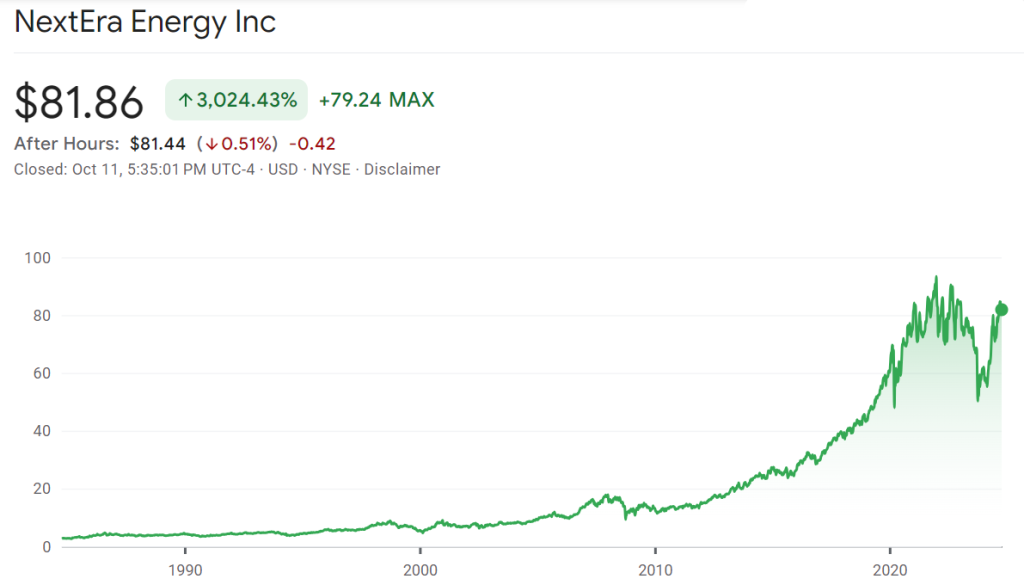
FPL, owned by NextEra Energy, has come under scrutiny due to its significant financial success. NextEra Energy, one of the largest utility companies in the country, reported adjusted full-year earnings of $6.441 billion in 2023, up from $5.742 billion in 2022, representing a 9.3% year-over-year growth. Despite these substantial profits and regular dividend payouts to shareholders, FPL is set to benefit from federal funding aimed at improving grid resilience—an investment some believe should be made by the company itself.
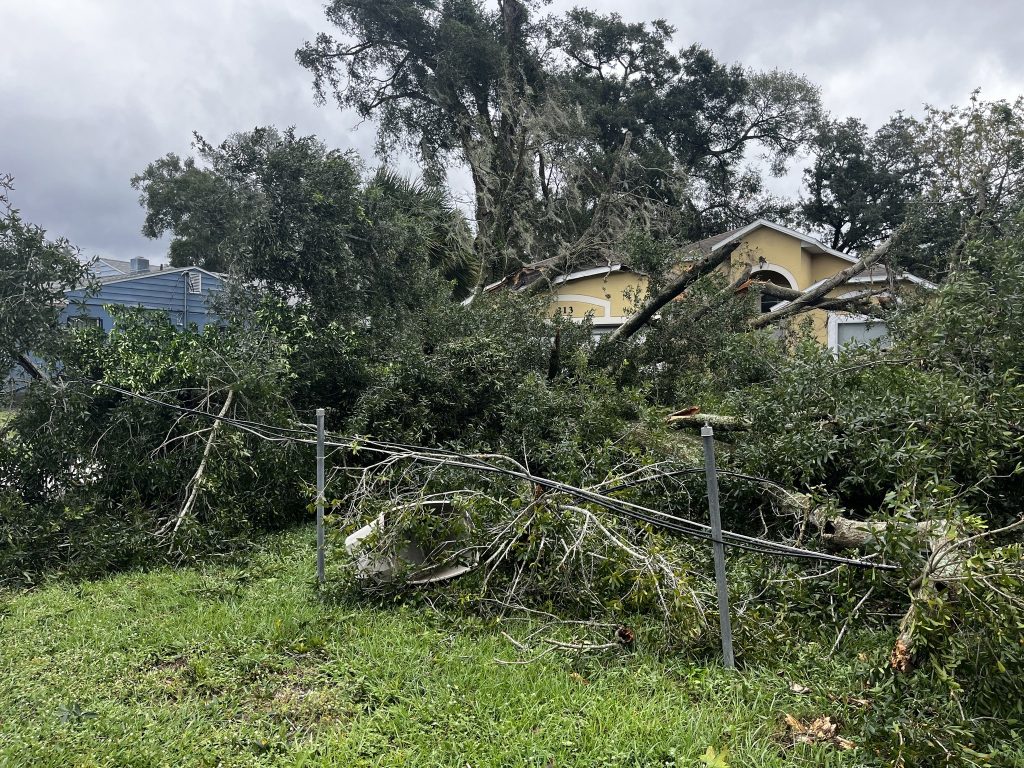
The $94 million allocation to Florida is part of a larger $10.5 billion grid resiliency initiative funded by the Bipartisan Infrastructure Law, passed in 2021. The White House has positioned these investments as essential to protecting critical infrastructure from the increasing frequency and severity of storms driven by climate change. However, critics argue that utility companies, particularly those as profitable as NextEra Energy, should be using their own earnings to strengthen the grid, rather than relying on taxpayer dollars.
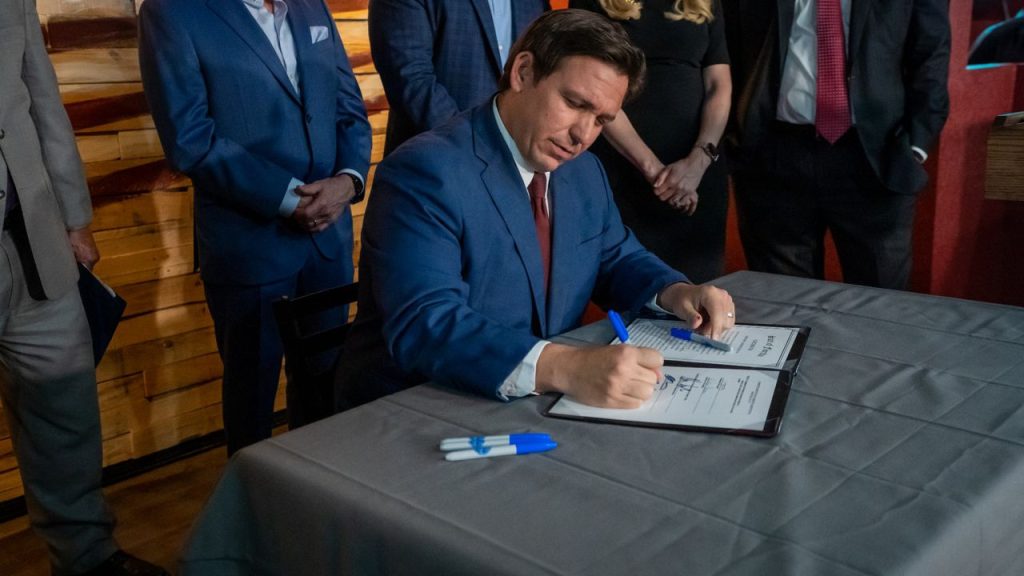
Adding a layer of complexity to this federal funding is Florida Governor Ron DeSantis’s previous stance on accepting federal aid. In recent years, Gov. DeSantis and his administration have rejected at least $11 billion in federal funds, arguing that the money came with “strings attached,” or that it promoted policies they viewed as politicized, such as climate change initiatives or infrastructure improvements.
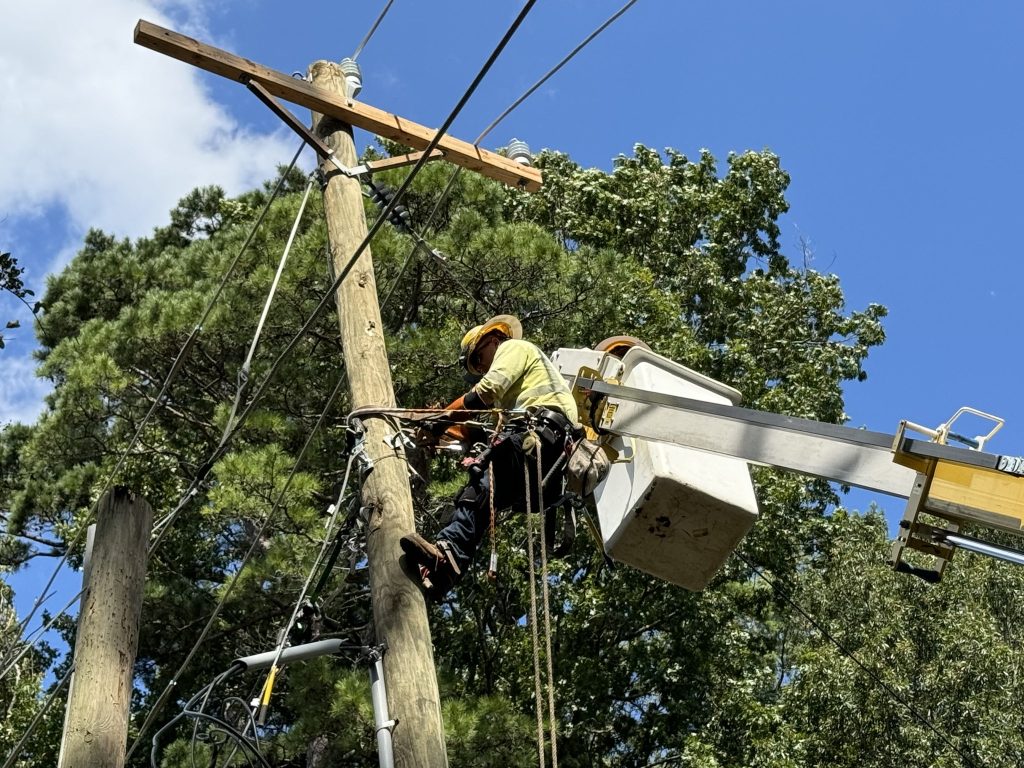
Whether DeSantis will accept this $94 million for utility companies, given his historical resistance to federal aid, remains an open question. His decision could signal a shift in priorities, especially given the massive damage caused by Hurricanes Milton and Helene, which left over 3 million Floridians without power. The real question is why haven’t these profitable companies invested more in grid reliability instead of dividends and share buybacks.
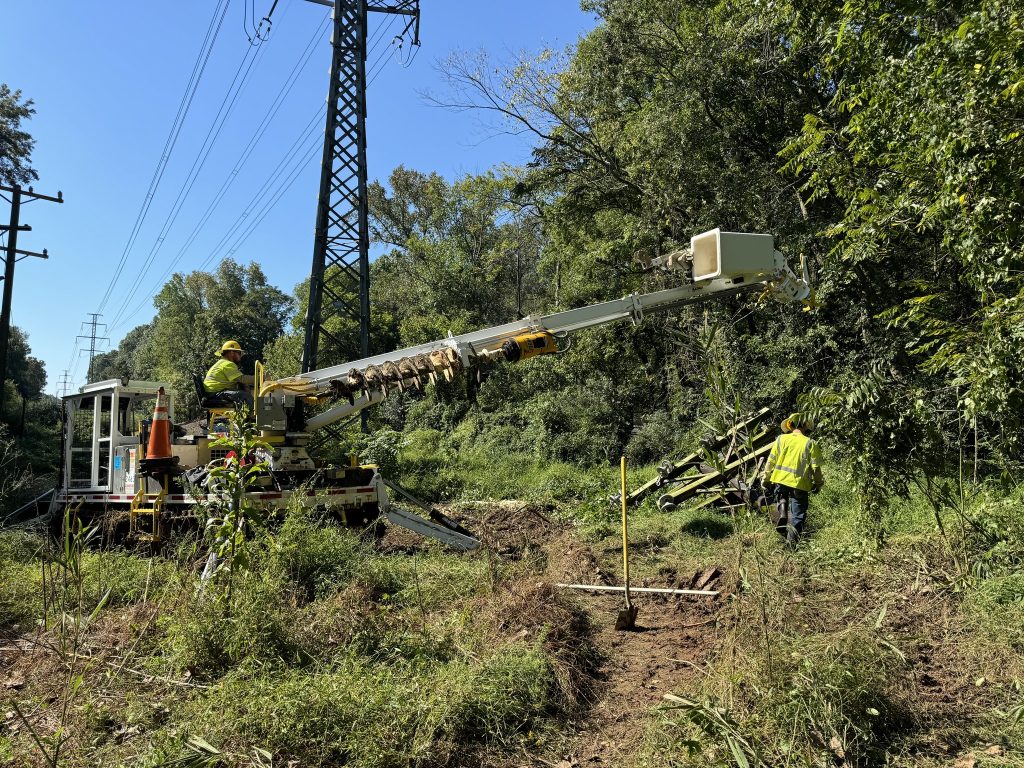
The debate surrounding FPL’s reliance on federal funds comes at a time when public attention is focused on the need for critical infrastructure improvements. While grid upgrades are urgently needed, especially in light of the severe storms, the involvement of highly profitable companies like FPL has raised concerns about corporate responsibility.
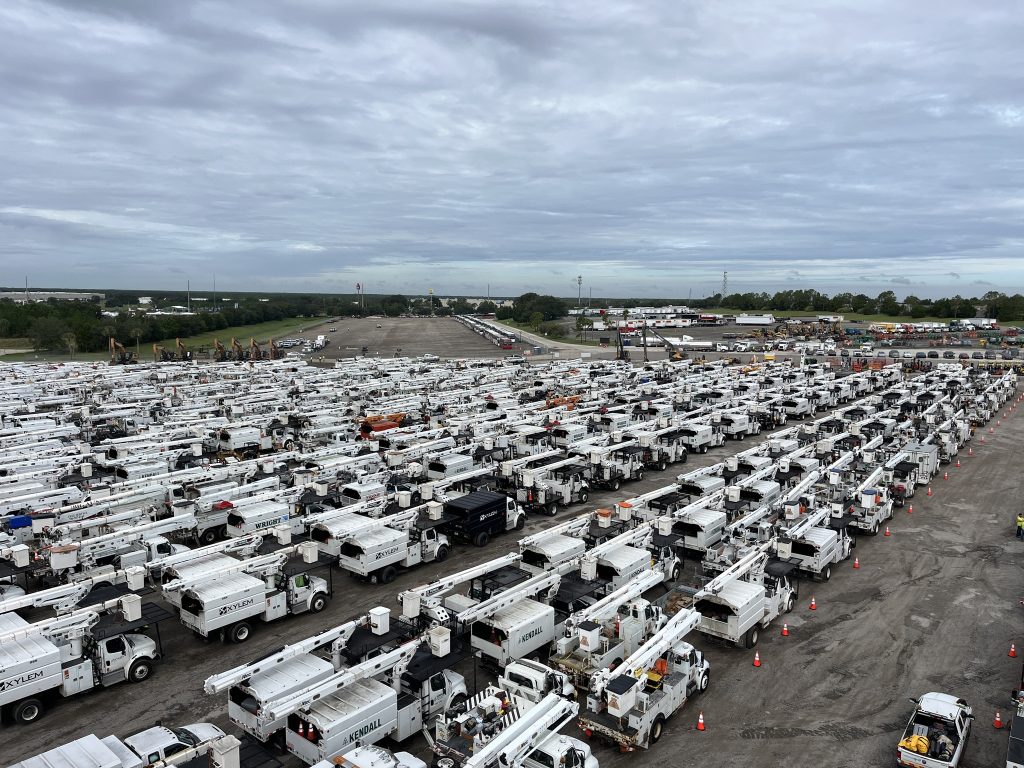
Florida Power & Light’s parent company, NextEra Energy, continues to post significant profits and pay dividends to shareholders, prompting questions about why the federal government is stepping in to support infrastructure that companies themselves could be financing.

President Biden, during his visit to St. Petersburg, one of the hardest-hit areas, emphasized that these investments are part of a long-term effort to build a resilient power grid in the face of climate change.
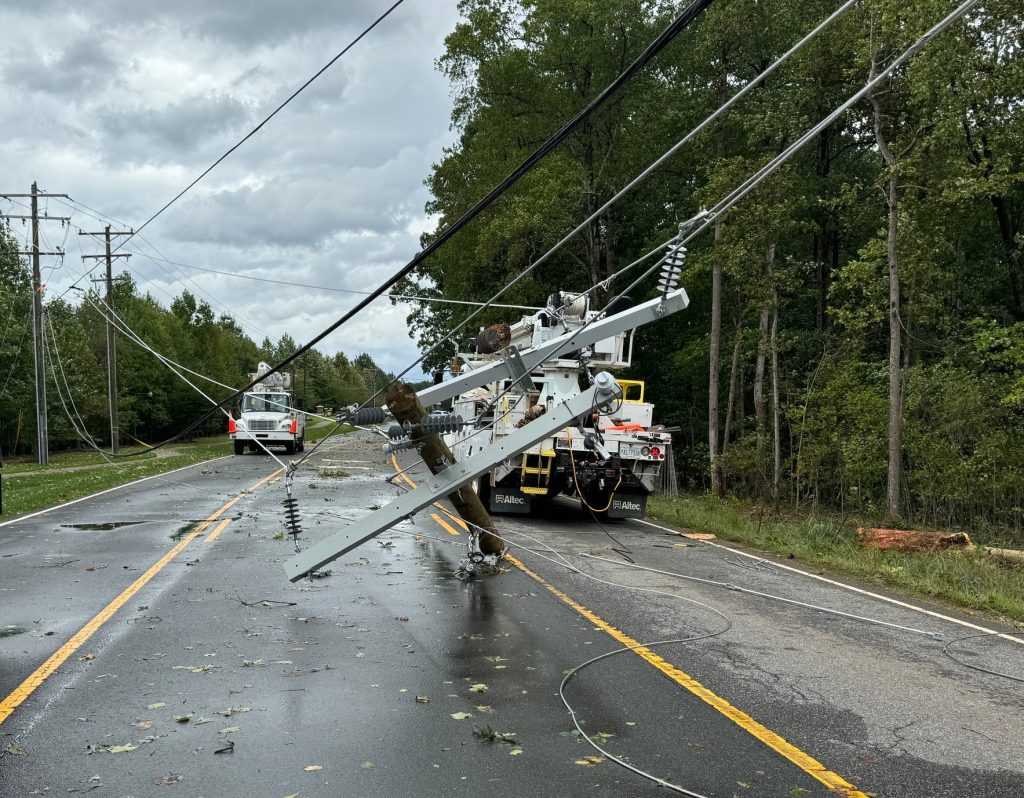
The White House described the projects as crucial to protecting the power supply and ensuring faster recovery after future storms. However, the broader discussion about whether utilities should shoulder more of the burden themselves remains contentious.
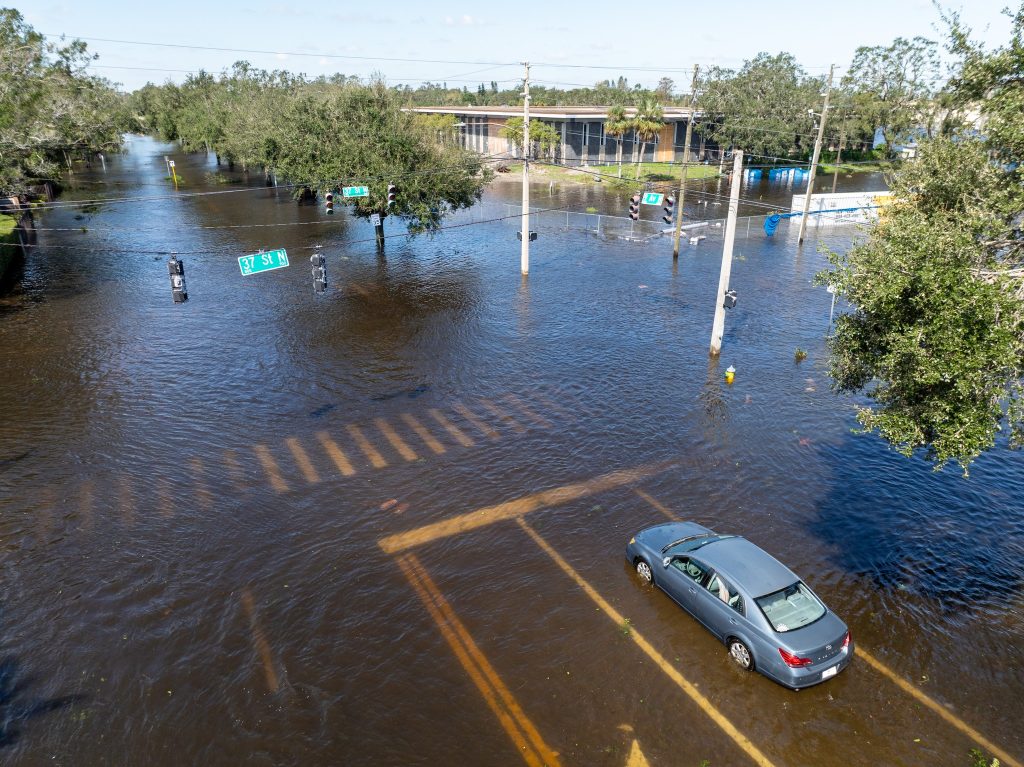
The combination of federal funding, corporate profits, and Gov. DeSantis’s unpredictable stance on federal aid has stirred a complex debate over who should be responsible for upgrading and maintaining critical infrastructure. While the $94 million in federal aid will undoubtedly improve Florida’s grid in the short term, the conversation around corporate accountability and the role of state leadership in accepting federal funds is likely to continue.

